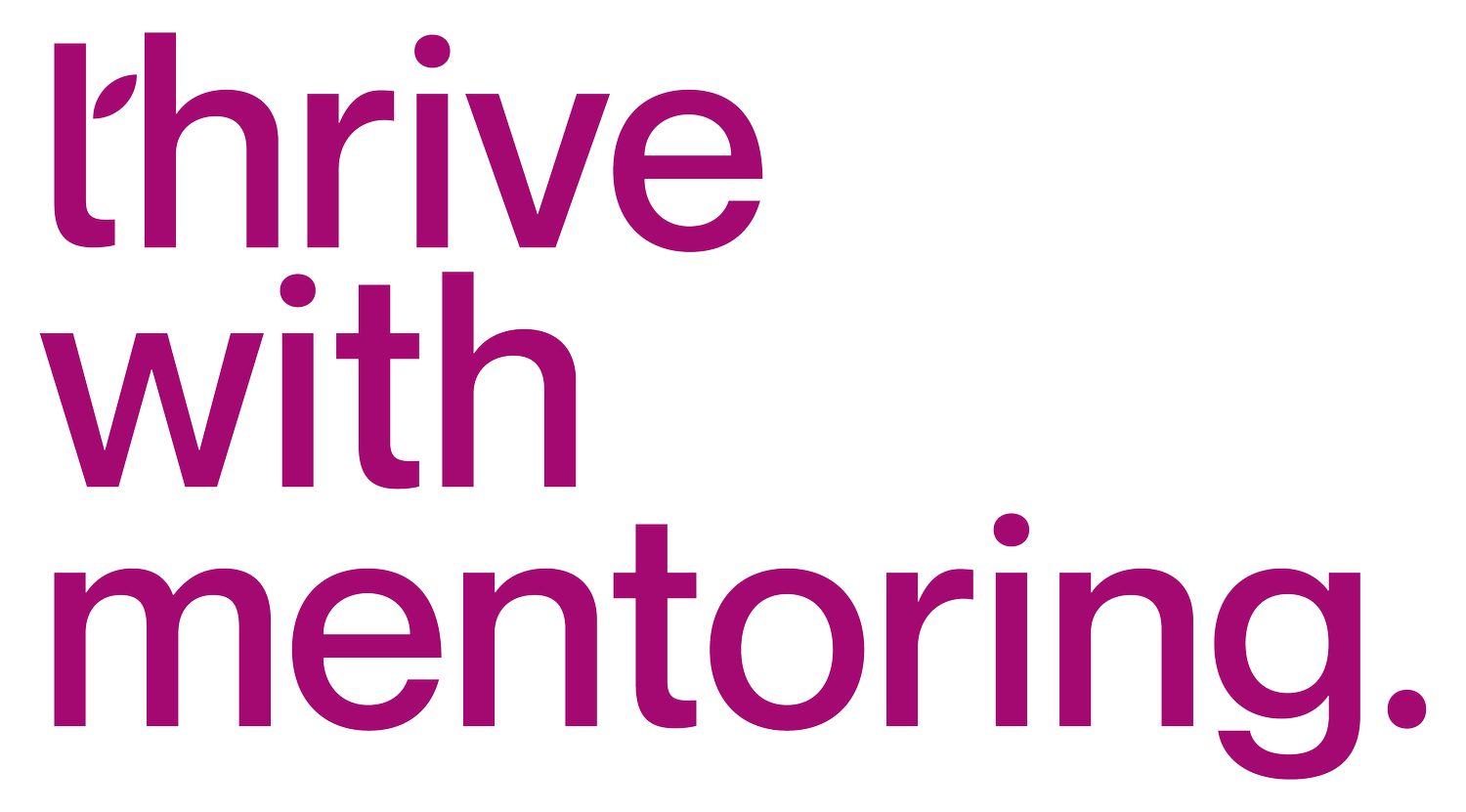Mentorship’s Role in Overcoming Self-Limitations
In the journey towards professional success and personal growth, one of the biggest challenges faced by mentees are self-imposed barriers. These invisible yet formidable walls are constructed from our fears, doubts, and the limiting beliefs we harbor about our capabilities. The path to shattering these barriers and unlocking our full potential is not one we need to walk alone. Through mentorship and the art of building meaningful relationships, mentees can discover the perspective shifts necessary to transcend these internal obstacles.
Identifying self-imposed barriers
The first step towards overcoming self-imposed barriers is recognizing their existence. These barriers often manifest as a voice in our heads telling us that we’re not good enough, the fear of failure, or the belief that we don’t deserve success. Mentorship plays a pivotal role at this stage, by helping us recognise that these barriers are illusions of our making.
The power of encouragement
Mentors are uniquely positioned to offer the encouragement that can spark a change in mentees. By sharing their own stories of overcoming doubts and challenges, mentors can demonstrate that the path to success is fraught with similar obstacles for everyone. This shared understanding fosters a supportive environment where mentees feel empowered to confront their fears.
Perspective shifting
One of the most valuable lessons mentorship can impart is the ability to shift perspectives. Mentors can guide mentees to reframe challenges as opportunities for growth, helping them to see failure not as a setback but as a learning experience. This helps to dismantle self-imposed barriers, embrace risk, and learn from the outcomes, irrespective of success or failure.
Setting actionable goals
Mentors can assist mentees in setting actionable, realistic goals that provide both direction and a sense of accomplishment. These goals, broken down into manageable steps, serve as milestones on the mentee’s journey, each achievement reinforcing their confidence and diluting the power of internal barriers.
The art of building relationships
Beyond the mentor-mentee relationship, expanding one’s professional network is instrumental in overcoming self-imposed barriers. Building relationships with individuals who have navigated their own path of personal and professional development can offer mentees diverse strategies for overcoming similar barriers. Networking is more than just collecting contacts; it’s about fostering relationships where mutual growth and support are the foundations. Mentees should be encouraged to engage authentically, offering their skills and support to others, and in turn, opening themselves up to opportunities for mentorship and collaboration across their network.
Mentorship as a catalyst for change
The transformative power of mentorship in shattering self-imposed barriers cannot be overstated. Mentors act as mirrors, reflecting the often-unseen potential within mentees, challenging their self-doubt, and supporting their journey towards self-realization. Through their guidance, mentees learn not just to identify and confront their barriers but to transcend them.
Shattering self-imposed barriers is a journey of introspection, encouragement, and growth. Mentorship supports this journey by providing the tools and support necessary for mentees to break through their perceived limitations and strive for greatness, unencumbered by the barriers they once placed in their own way.
